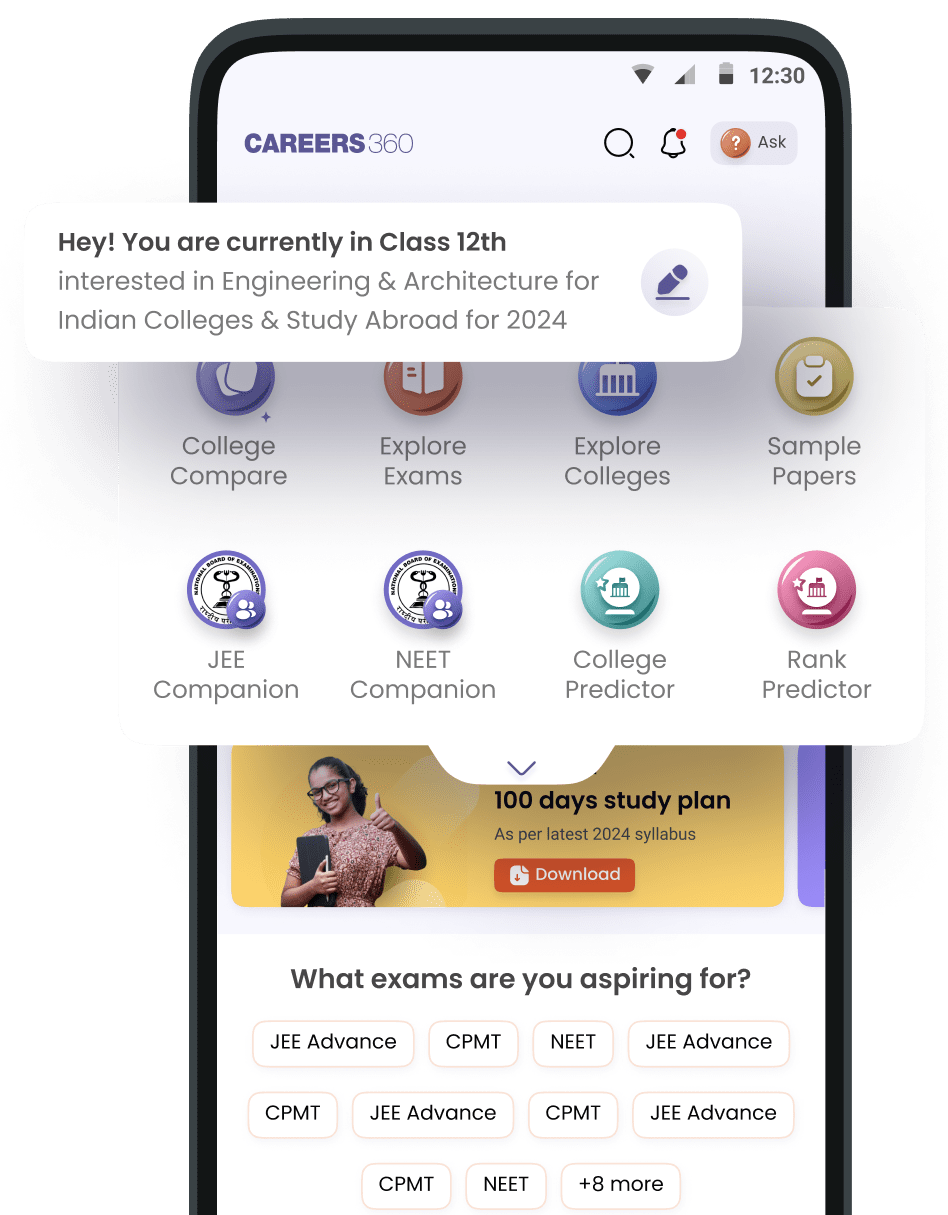An Insight Into The Profession Of Child Psychology
While it's a wonderful experience for parents to see their children develop, there are phases where this journey can be laced with anxiety, stress, and frustration. As you're unsure of what constitutes regular or routine behaviour and what is unusual or out of the ordinary, especially for the first time parents. A child psychologist is an individual who will help you and your child overcome these hurdles with age appropriate and compassionate counselling.

To dive deeper into the topic, one first needs to understand what child psychology actually means and what is its significance in our world today?
Child psychology is a dynamic and interdisciplinary field that focuses on healthy development and child welfare via research, clinical practice, and policy formulation. In order to foster healthy development in children, professionals in this sector work closely with parents, educators, and other constituents to provide support, intervention, and advice.
A child psychologist works with children who have behavioural issues such as learning disabilities, aggression, dyslexia, attention deficiency, hypertension, and other stress-related issues.
Industry Trends In The Field
Like in every field or sector, this science too has undergone many changes. From trauma focused care to integration of technology, today a psychologist catering to children has to be in tune with industry trends. Let us look at some of the trends that an aspiring child psychologist should follow.
Integration of Technology: Technology is playing an increasingly important role in child psychology research and practice. For instance, researchers are using virtual reality and other digital tools to study child development, while practitioners are using technology into interventions and treatments. Telehealth, also known as telepsychology or teletherapy, involves the use of technology to provide mental health services remotely. With the advancement of technology, telehealth and online counselling have become more proliferated, making mental health services more accessible to children and families.
Emphasis on Early Childhood Development: There has been a growing recognition of the importance of early childhood development in shaping a child's future outcomes. Researchers and practitioners are paying more attention to the critical period of early childhood, and are developing interventions and programs to support healthy development during this time.
Interdisciplinary Approaches: Child psychology is a highly interdisciplinary field, and there is a growing trend towards collaboration across disciplines. Researchers and practitioners are working together to integrate knowledge from fields such as neuroscience, education, and social work into their work with children and families.
Cultural Competence: Cultural competence is receiving more attention in child psychology as researchers understand the value of comprehending various cultural origins and how they affect a child's development. Researchers and practitioners are working to ensure that interventions and treatments are culturally sensitive and inclusive and that they take into account factors such as race, ethnicity, and socioeconomic status.
Trauma-Informed Care: This approach in child psychology recognizes and addresses the impact of trauma on children's development and well-being. It emphasises creating a safe and supportive environment for children who have experienced trauma, while also promoting their resilience and healing.
Apart from this, understanding and promoting children's social and emotional development is becoming more and more important as another trend in child psychology which includes identifying and dealing with mental health issues such as anxiety and depression as well as encouraging good social skills and emotional control.
Also check - AI And Machine Learning Engineering: Scope And Opportunities In India
Different Career Paths in Child Psychology
Clinical Child Psychologist
Clinical child psychologists work in clinical settings, such as hospitals, mental health clinics, or private practices. They assess and treat children and adolescents with emotional, behavioural, and psychological difficulties. This role involves conducting psychological assessments, providing counselling and therapy, and working closely with families to support the child's mental health needs.
Educational Psychologist
Educational psychologists work in schools and educational institutions to support student's learning and development. They evaluate children's educational needs, design interventions for learning difficulties, and provide guidance to teachers and parents.
Developmental Psychologist
From infancy to adolescence, developmental psychologists emphasise on understanding the cognitive, emotional, and social development of children. They might work in child development programs, contribute to academic institutions, and conduct research.
Forensic Psychology
Forensic psychologists could assist children who have experienced trauma or abuse, or they can serve in the legal system as expert witnesses in situations involving children and adolescents.
Child and Family Therapists
Child and family therapists work with children and their families to deal with family dynamics, disputes, and communication problems that might affect the children's well-being.
Child life specialist
Child life specialists serve children and families during hospitalizations and medical procedures in hospitals and other healthcare facilities. To relieve stress and worry associated with medical treatment, they engage in play and other activities.
Other than that child psychologists might also work with governmental or non-profit organisations that promote the welfare, advocacy and safety of children's mental health. Moreover, some child psychologists opt to work in research and academic settings. They work in research institutions, and universities, to contribute to the field's knowledge and advance evidence-based practices.
Also Read- Explore The Dynamic Careers In The Booming Gaming Industry
Child Psychology and Education
Mental disorders affect more than 10 per cent of children and adolescents in India. Schools, particularly those in urban areas, are increasingly starting to offer guidance and support to students on their academic, personal, and career choices. This has led to a demand for qualified and skilled counsellors who can provide care for children during their school-based developmental processes and offer them assistance and a welcoming environment.
Professions in child psychology have made it easy to understand that each student is unique and has distinct learning styles, skills, and obstacles. This understanding enables them to cater to students' diverse needs effectively. Plus it has ensured that inclusive education to all students, regardless of their abilities or backgrounds, have equal opportunities to learn and thrive.
Moreover, practitioners of child psychology believe academic achievement is not the only indicator of a student's development. The development of a student’s emotional intelligence, creativity, and general well-being is a key theme. One can easily understand it through films like "Taare Zameen Par", where Ishaan's artistic abilities prevail over his inability to understand alphabets and numbers. Similarly, the portrayal of high-pressure academic environments in movies like "Kota Factory”, underlines the need for stress management strategies in educational institutions
Apart from this, these practitioners often suggest various practices to improve the quality of education and development of children through various approaches. Individualised Education Plans (IEPs) to meet the specific needs of students with learning or behavioural challenges, Early Interventions to prevent long-term issues, and Student-Centred Counselling are some of them. Understanding child psychology helps teachers adopt inclusive teaching practices that accommodate various learning styles and abilities, just like Anand did with his Super 30 in the movie "Super 30."
Also check - How To Make A Career In Corporate Banking: Skills, Opportunities And Challenges
